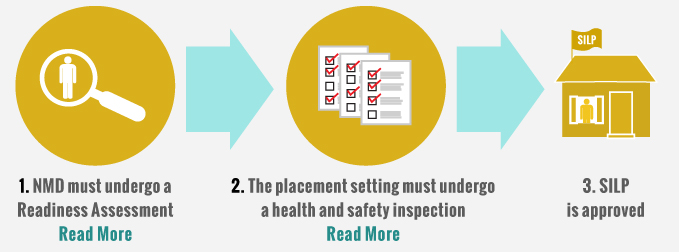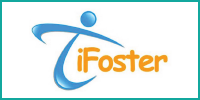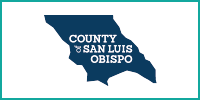THPP Transitional Housing Program
Facts & Benefits:
Community care licensed placement opportunity for youth in foster care between the ages of 16 and 18 (19 if still in school). Goal is to help youth emancipate successfully by providing a safe environment while youth learn skills to make them self-sufficient. Youth may live alone, or with roommates in apartments and single-family dwellings with regular support and supervision provided by THPP agency staff, County social workers and ILP coordinators. Educational guidance, employment counseling and assistance reaching emancipation goals outlined in youth’s TILP. Youth must be participating in ILP.
Eligiblity:
Youth in foster care between 16 and 18 (19 if still in school). Must be participating in ILP. Opportunity to live alone subject to approval by CWS worker/supervisor. Youth who turn 18 while in THPP will be transitioned to THP+FC or a SILP on or shortly after their 18th birthday.
How to Apply:
Contact your social worker for a referral; ILP Coordinator determines eligibility. Application filled out and sent to THPP provider for further consideration. You will participate in an interview as part of the process.
THP+FC Transitional Housing Program Plus Foster Care
Facts & Benefits:
THP+ Foster Care is a licensed supervised placement available to youth in extended foster care, ages 18-21. THP+FC is modeled after the existing THP+ program for non-dependents and provides youth with housing and supportive services in an age-appropriate setting. Participating youth are under the supervision of the county placing agency, meaning they will have monthly contact with a social worker; participating youth are under the jurisdiction of the juvenile court, meaning that they will have review hearings every six months; and THP+FC is a licensed federally-eligible foster care placement. Participants receive transitional Medi-Cal.
Eligiblity:
18 to 21 year olds (non-minor dependents) may apply; must be following at least one of the participation requirements in Mutual Agreement. Must provide proof of participation, meet with social worker 1x/month and participate in ILP.
Certification of Participation every 6 months.
How to Apply:
Contact your social worker for a referral; ILP Coordinator determines eligibility. Application filled out and sent to THPP provider for further consideration. You will participate in an interview as part of the process.
THP-Plus Transitional Housing Program for Empancipated Foster/Probation Youth
Facts & Benefits:
Transitional housing placement opportunity for emancipated foster youth aged 18 - 24, who emancipated from the child welfare system. Participants may live alone, or with roommates in apartments and single family dwellings with regular support provided by THP+ agency staff, county social workers and ILP coordinators. Support Services include regular visits to participants’ residences, educational guidance, employment counseling and assistance reaching emancipation goals outlined in participants’ TILP.
Eligibility:
Young adults who have emancipated from foster/probation care and are 18 – 24 years old and are pursuing the county-approved goals they have developed in the STEP/THP+TILP.
The maximum time for THP+ participation is 24 cumulative months.
How to Apply:
Contact ILP for a referral; ILP Coordinator determines eligibility. Application filled out and sent to THPP provider for further consideration. You will participate in an interview as part of the process.
Supported Independent Living Placement (SILP)
Facts & Benefits:
A SILP can be a room rented from a friend or family member (not bio parents); can be your own apartment, a shared apartment or house or a dormitory. It is the least restrictive of the housing options available to non-minor dependents.
Eligibility:
For non-minor dependents between the ages of 18 and 21, who are pursuing the county-approved goals they have developed in their TILP and Mutual Agreement. The youth’s CWS worker will do a SILP Readiness Assessment with the youth to determine if they are ready for such a step in independent living. Then, a SILP inspection is done on the proposed residence and, if all goes well, placement is made. The payment can go to the youth or to the “landlord”.
How to Apply:
Meet with your social worker to complete a SILP readiness assessment. If you are ready, the site will be inspected by your social worker to determine if it is free from health and safety hazards.





